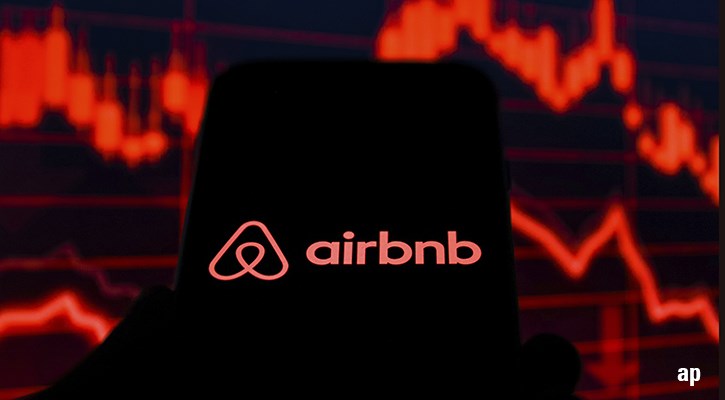
We believe Airbnb has achieved a critical-mass network advantage in alternative accommodations, the source of its narrow moat, as witnessed by its 5.7 million active listings (the supply side of the network equation) and 247 million guest arrivals (demand side) in 2019. We see its network position supported by further expansion into emerging markets, where Asia-Pacific was already 12% of 2019 sales, and the experiences vertical, which we think adheres well to the company’s communal culture.
In addition to a fit network effect, Airbnb’s liquidity profile is stout. To illustrate, the firm had US$5.6 billion in pro forma cash and marketable securities, with just US$1.8 billion in debt as of Sept. 30, 2020. Also, it generated US$5 million in free cash flow during the first nine months of 2020. As a result, we think Airbnb has enough means to invest in its platform, barring a prolonged shutdown of global travel.
We have initiated coverage of Airbnb with a US$60 fair value estimate, which models healthy 15% average sales growth during 2020-29, with operating margins meaningfully expanding to 25% in 2029 from negative 10% in 2019. Our valuation implies roughly a US$40 billion market cap. Meanwhile, about 20% of narrow-moat peer Booking’s 2019 business was from alternative accommodations. Because this segment offers faster growth than Booking’s consolidated average, and despite its higher servicing costs, we think it is reasonable to attribute 25% of Booking’s roughly US$85 billion market cap to this business, implying a $21 billion market cap. We believe Airbnb’s alternative accommodation business should warrant a premium to Booking’s, given the former’s US$38 billion in 2019 alternative bookings versus the latter’s roughly US$20 billion (although we think Booking overall offers a more complete network with structurally higher margins). But with Airbnb shares trading well above our intrinsic valuation, we think investors should avoid this advantaged travel operator.













.png)








